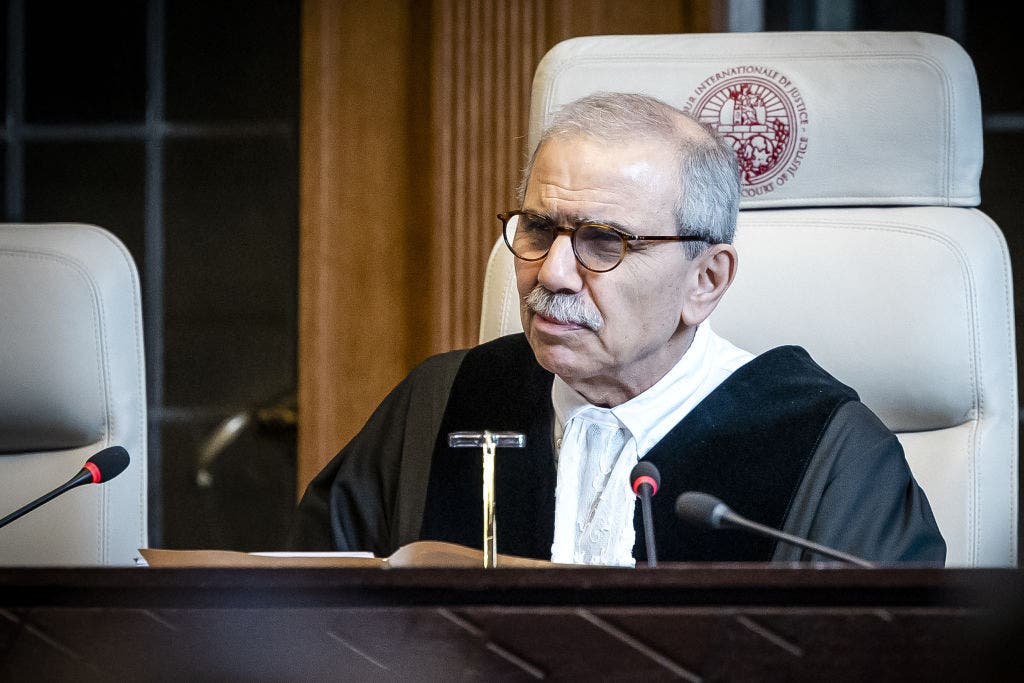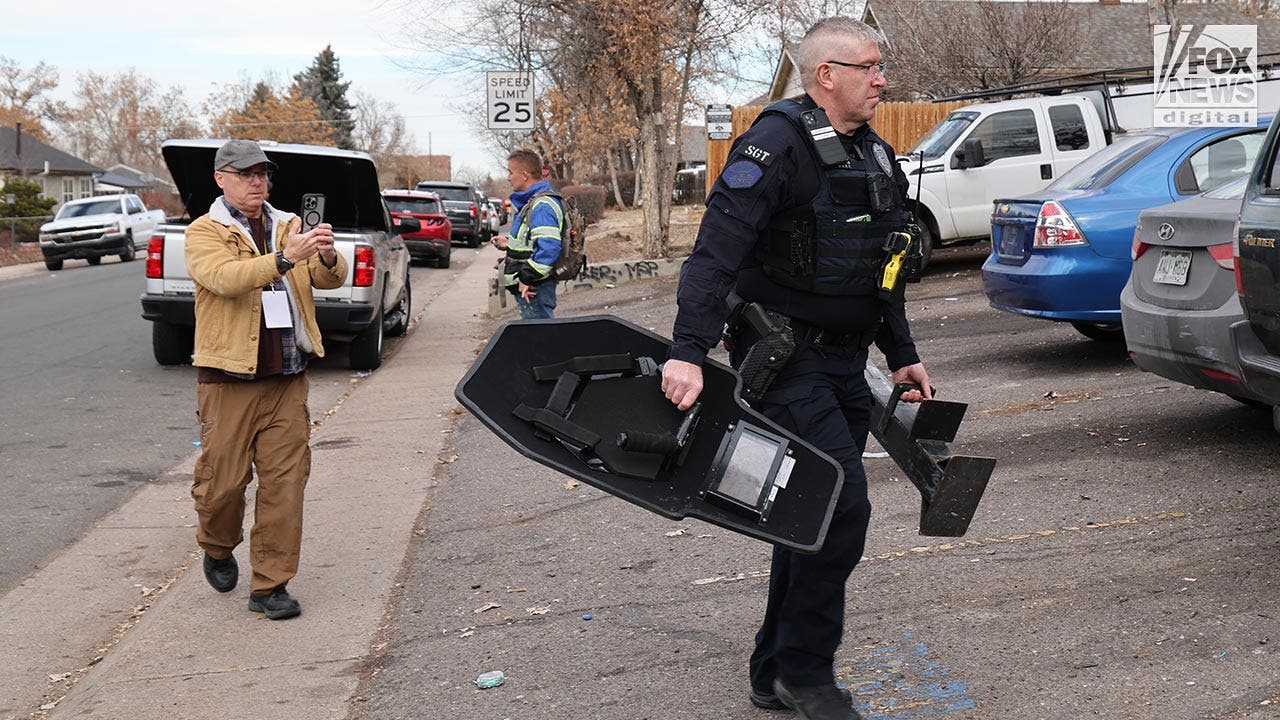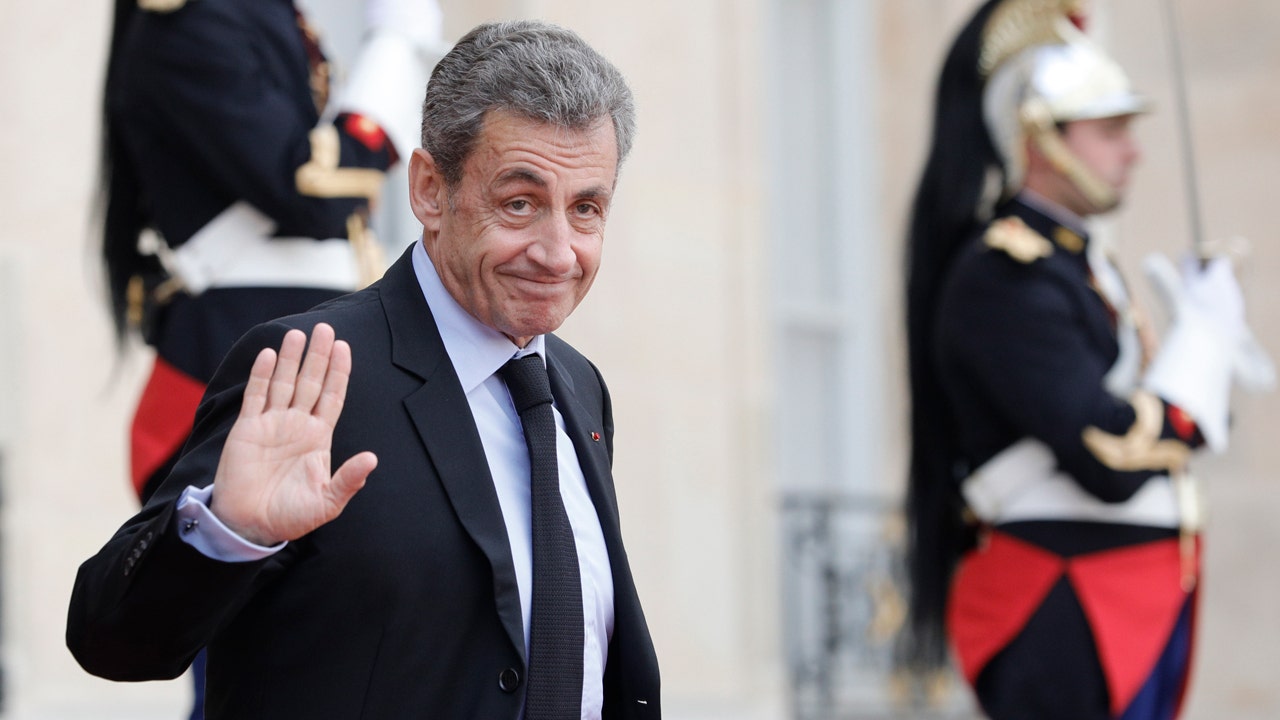JERUSALEM – The controversial International Court of Justice (ICJ) is not only facing severe criticism for its Friday order declaring that Israel should stop its military offensive in Rafah to root out Hamas, but also for the well-documented anti-Israel bias of the U.N. court’s presiding judge.
“Put simply, the U.N.’s highest legal body is a political tool of global antisemitism. The presiding judge in this case was ICJ [International Court of Justice] President Nawaf Salam. He is from Lebanon, a country that does not recognize Israel’s right to exist. And in his spare time, he has tweeted such things as a meme that reads ‘unhappy birthday to you: 48 years of occupation.’ He is a politician – a rabid anti-Israel politician – dressed up by the U.N. as a judge,” Anne Bayefsky, the director of the Touro Institute on Human Rights and the Holocaust, told Fox News Digital
Bayefsky, a legal expert on the U.N. who oversees Human Rights Voices, said, “And from where did his kangaroo Court get its ‘facts’ in this case? Well, the United Nations, of course. An institution whose highest bodies – the Security Council, the General Assembly and the Human Rights Council – have never even condemned Hamas terrorists and their October 7 atrocities.”
BODIES OF THREE HOSTAGES TAKEN BY HAMAS DURING ATTACK ON ISRAEL RECOVERED FROM GAZA
Nawaf Salam, president of the International Court of Justice, listens during a hearing in The Hague, on May 1, 2024. (Remko de Waal/ANP/AFP via Getty Images)
Orde Kittrie, a senior fellow at the Foundation for Defense of Democracies, argued in a February Wall Street Journal opinion article that Judge Salam’s political activism in Lebanon contributed to his bias against Israel and violates the ICJ’s rules. He wrote that the ICJ’s conflict-of-interest rules declare that no judge “may exercise any political or administrative function, or engage in any other occupation of a professional nature.”
Kittrie, a law professor at Arizona State University, also noted that the ICJ charter states that no jurist “may participate in the decision of any case in which he has previously taken part” as “advocate” or in “any other capacity.”
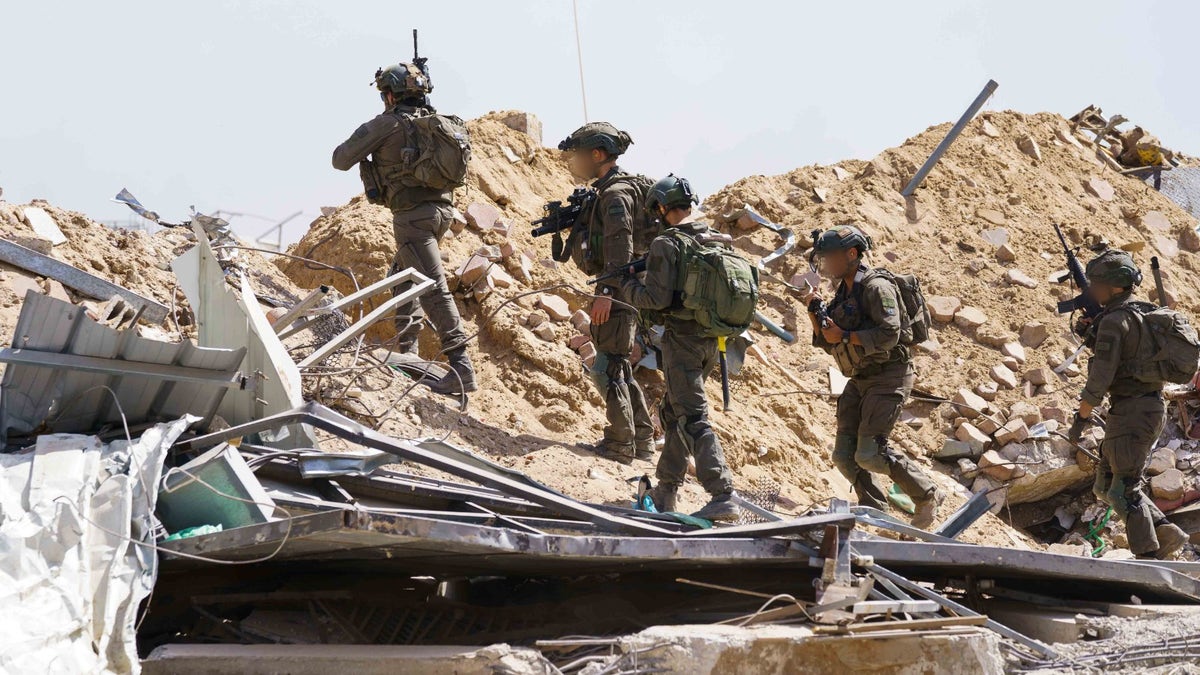
The IDF says its “troops are continuing operations against terror targets in the area of Rafah.” (IDF Spokesman’s Office)
Salam reportedly ran for prime minister of Lebanon in the last two elections and, as Kittrie wrote, was Lebanon’s U.N. ambassador from 2007 to 2017. Salam was routinely “denouncing and casting votes against Israel’s military conduct and presence in the disputed territories,” wrote the legal expert.
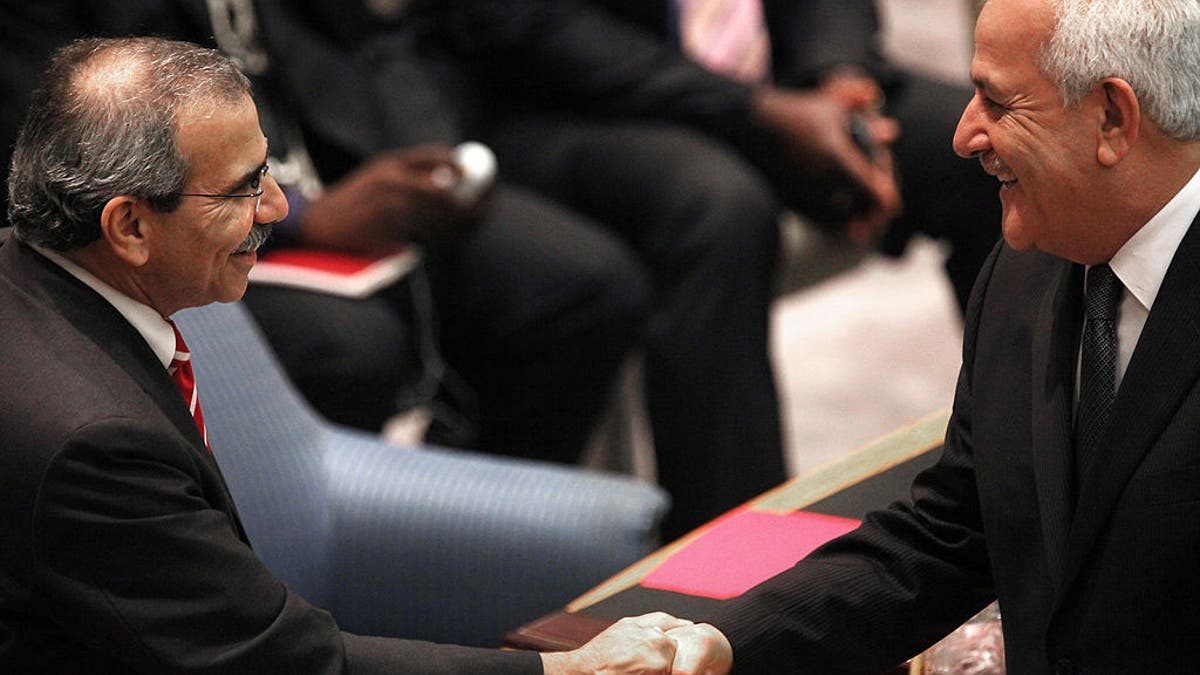
Nawaf Salam, the Lebanese ambassador to the United Nations, speaks with Riyad Mansour, permanent observer of Palestine, during a Security Council meeting on Sept. 28, 2011, in New York City. (Mario Tama/Getty Images)
According to an article in the Jewish News Syndicate (JNS) Salam wrote on social media in 2015, “When we criticize and condemn Israel it is never because of the Jewish character of the majority of its population,” and in another post said, “Portraying the critics of Israel’s policies as antisemites is an attempt to intimidate and discredit them, which we reject.”
Later that same year, JNS quoted him as tweeting “…#Palestine’s full membership in #UN & ending #Israel’s occupation remain long overdue.”
Lebanon experts argue that the Mideast country has been in de-facto control of the U.S.-designated terrorist organization, Hezbollah, for over a decade and has played a role in joining Hamas’ war by firing multiple missiles into Israel. The Iranian regime-backed Hezbollah, like Hamas, seeks the destruction of the Jewish state.
Fox News Digital approached the ICJ for a comment but did not immediately receive a response.
The ICJ’s order lacks enforcement and the Israeli government said it will plow forward with its military campaign to eliminate four Hamas battalions in Rafah.
LINDSEY GRAHAM TELLS UN INTERNATIONAL COURT OF JUSTICE TO ‘GO TO HELL’ OVER RULING AGAINST ISRAEL
Israeli government spokesperson Avi Hyman said on Friday of the ICJ order: “No power on earth will stop Israel from protecting its citizens and going after Hamas in Gaza.” He added, “We will destroy Hamas, we will return peace and security to the people of Israel and to the people of Gaza. We cannot go on with a genocidal terrorist regime on our southern border.”
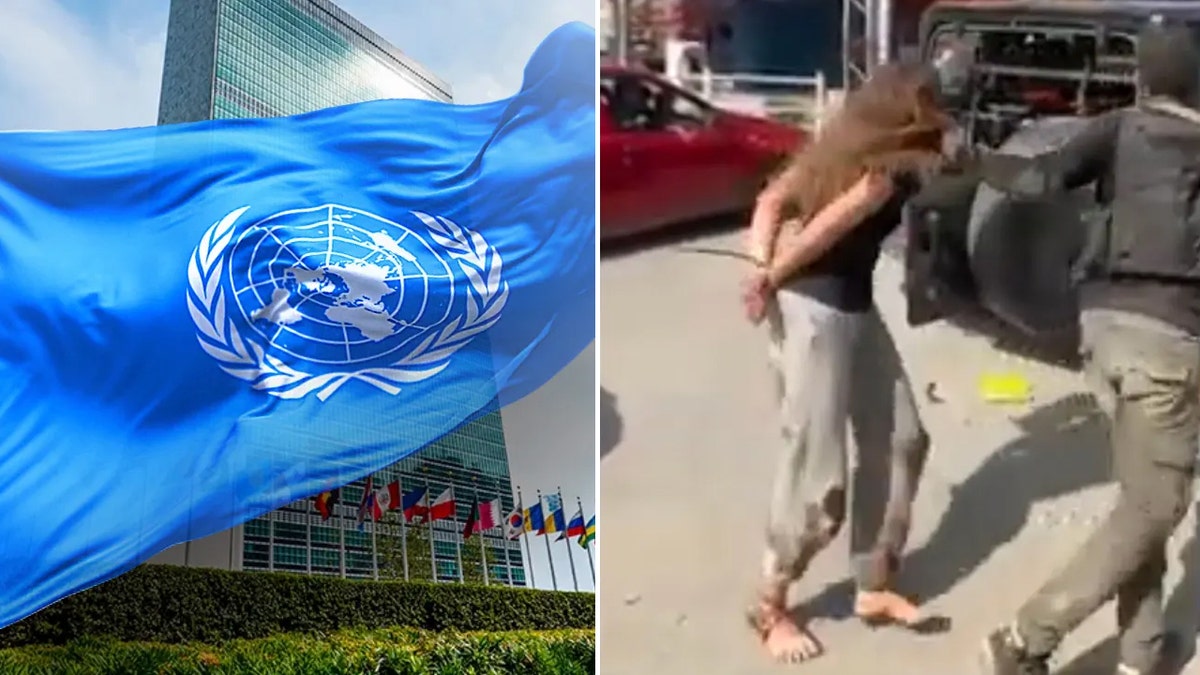
U.N. headquarters and flag juxtaposed with a picture of an Israeli woman kidnapped by Hamas terrorists. (Getty Images/Hamas-Telegram)
Bayefsky noted how the terrorist group responded to Friday’s ruling. “Hamas murderers and rapists themselves best articulate the standing of this ‘legal’ farce. They immediately reacted: ‘We welcome the decision by the World Court’ before referring to the Jewish state as the ‘Zionist enemy’ they intend to annihilate. So the fans of a decision purporting to be anti-genocide, are those who are openly committed to genocide. A U.N. court with friends in low places.”
Salam said in his reading of the ruling, “The Court considers that, in conformity with its obligations under the Genocide Convention, Israel must immediately halt its military offensive, and any other action in the Rafah Governorate, which may inflict on the Palestinian group in Gaza conditions of life that could bring about its physical destruction in whole or in part.”
Hamas slaughtered nearly 1,200 people in southern Israel on Oct. 7. The jihadi terrorist movement kidnapped over 250 people, and 125 hostages are still being held captive in Rafah.

Judge Nawaf Salam speaks at the start of a hearing in The Hague, Netherlands, May 16, 2024. (Reuters/Yves Herman)
Some of the IJC judges and outside legal experts have rejected the majority decision. Four of the 15 ICJ justices said the clause that Salam cited in his oral presentation does not mandate that Israel swiftly pull the plug on its military campaign in Rafah. According to this interpretation, the Jewish state is only required to stop its military operations if it “could bring about physical destruction in whole or in part.”
ICJ Vice President Julia Sebutinde, from Uganda, who voted against all decisions opposed to Israel, wrote, “This measure does not entirely prohibit the Israeli military from operating in Rafah. Instead, it only operates to partially restrict Israel’s offensive in Rafah to the extent it implicates rights under the Genocide Convention.”
Sebutinde added, “… this directive may be misunderstood as mandating a unilateral ceasefire in Rafah and amounts to micromanaging the hostilities in Gaza by restricting Israel’s ability to pursue its legitimate military objectives, while leaving its enemies, including Hamas, free to attack without Israel being able to respond.”
The Ugandan jurist also voted against all restrictions that the ICJ ordered against Israel in the court’s January ruling that Jerusalem take steps to prevent acts of genocide as it fights Hamas terrorists in Gaza.
CLICK HERE TO GET THE FOX NEWS APP
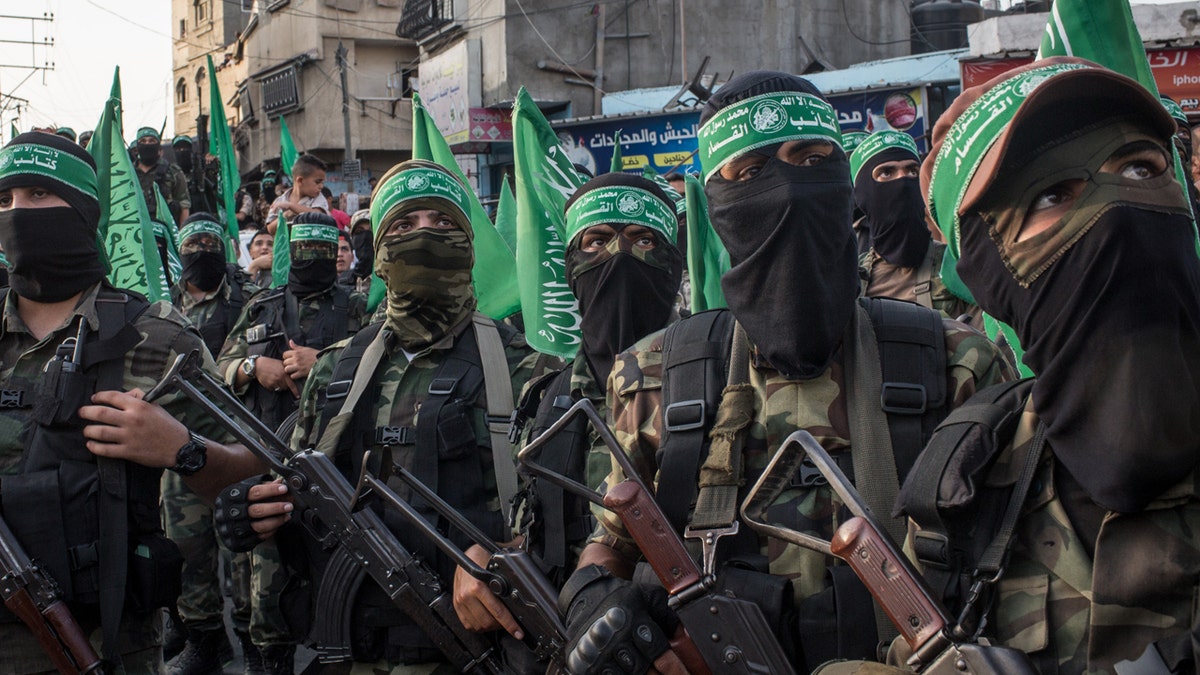
Hamas terrorists are seen during a military show on July 20, 2017, in Gaza City, Gaza. (Chris McGrath/Getty Images)
Aharon Barak, former Israeli Supreme Court president who has a post as an ad-hoc judge on the ICJ bench, said in his dissenting opinion that the majority view “requires Israel to halt its military offensive in the Rafah Governorate only in so far as is necessary to comply with Israel’s obligations under the Genocide Convention.”
He added, “Israel is not prevented from carrying out its military operation in the Rafah Governorate as long as it fulfills its obligations under the Genocide Convention.” Barak noted “the measure is a qualified one, which preserves Israel’s right to prevent and repel threats and attacks by Hamas, defend itself and its citizens, and free the hostages.”


